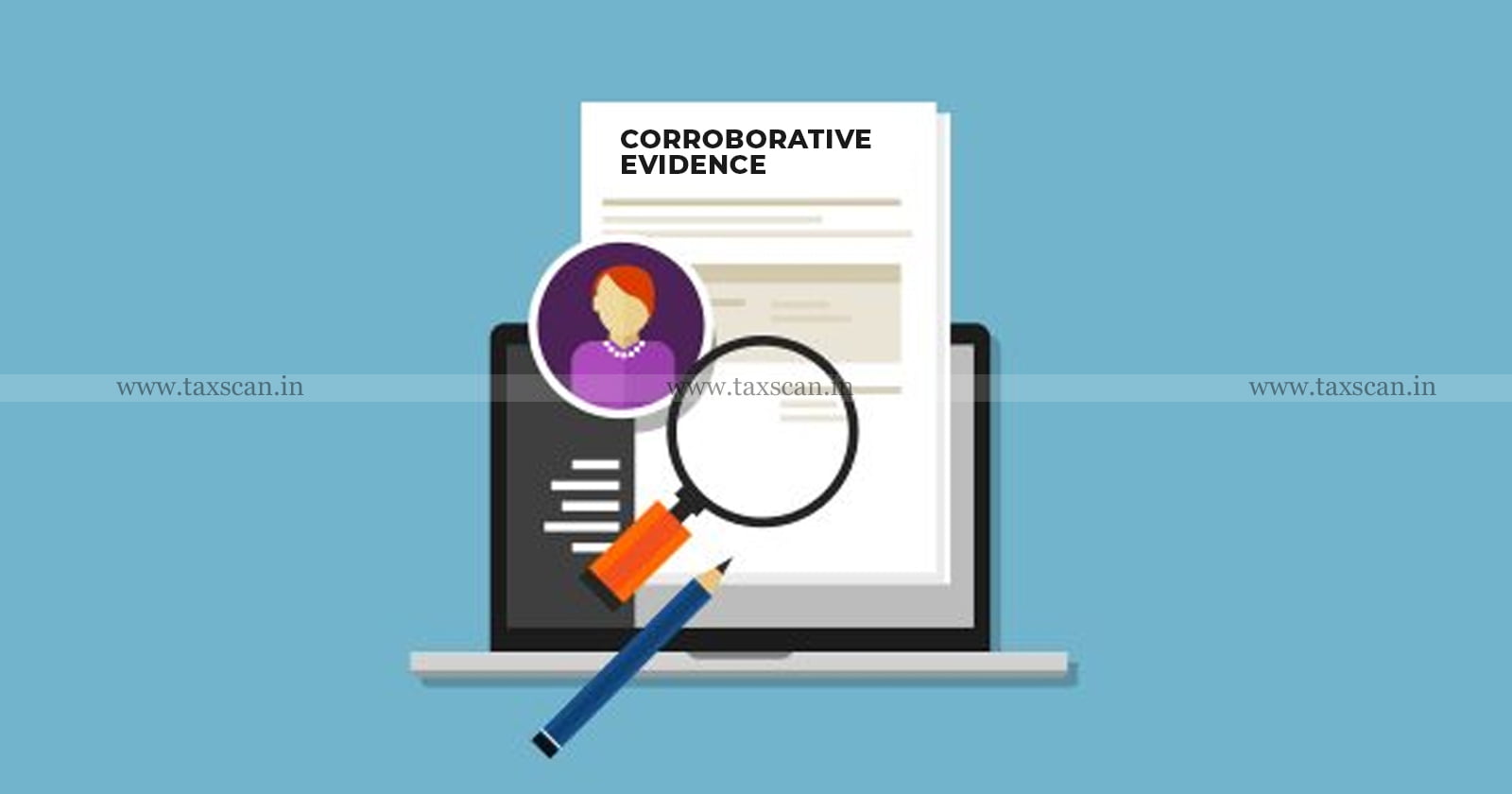Win for Deloitte: Madras HC Rules Firms and HUFs Cannot Be Partners in a Firm, Quashes PCIT Order Disallowing Partner Remuneration [Read Order]
The High Court rules in favour of Deloitte, stating firms or HUFs cannot be partners in a firm and strikes down PCIT’s order disallowing partner remuneration.
![Win for Deloitte: Madras HC Rules Firms and HUFs Cannot Be Partners in a Firm, Quashes PCIT Order Disallowing Partner Remuneration [Read Order] Win for Deloitte: Madras HC Rules Firms and HUFs Cannot Be Partners in a Firm, Quashes PCIT Order Disallowing Partner Remuneration [Read Order]](https://images.taxscan.in/h-upload/2025/06/16/2045458-deloitte-win-taxscan.webp)
In a recent decision, the Madras High Court quashed the Principal Commissioner of Income Tax’s (PCIT) order against Deloitte Haskins & Sells, ruling that only individuals and not firms or Hindu Undivided Families (HUFs) can be partners in a partnership firm. The court also ruled that the Rs. 3.23 crore remuneration paid to Deloitte’s partners was valid and could not be disallowed.
The dispute arose after the PCIT issued a notice under Section 263 of the Income Tax Act, claiming that the inclusion of a new partner, Mr. Mukund Dharmadhikari, effectively brought Deloitte Mumbai (a separate firm) into the Chennai firm as a partner.
The PCIT argued that this increased the total number of partners beyond the legal limit of 20, which would disqualify the firm from being assessed as a partnership and instead require assessment as an Association of Persons (AOP). Based on this view, the PCIT disallowed the deduction of remuneration paid to the partners under Section 40(b) of the Income Tax Act.
Step by Step Guidance for Tax Audit & E-filing, Click Here
Deloitte challenged this interpretation, arguing that Mr. Dharmadhikari was a partner in his personal capacity and not as a representative of Deloitte Mumbai. The firm’s counsel also argued that the overall tax paid by both the firm and its partners was the same regardless of whether it was treated as a firm or an AOP. They claimed no revenue loss occurred, and the assessment order could not be considered prejudicial to the interests of the Revenue.
The revenue department’s counsel argued that the firm’s partnership deed showed profit-sharing arrangements that indirectly involved Deloitte Mumbai, thus justifying their conclusion that the firm’s structure breached legal limits.
 Also Read:Post-Midnight Search Confession by Non-Accounting Partner Unreliable Without Corroborative Evidence: ITAT [Read Order]
Also Read:Post-Midnight Search Confession by Non-Accounting Partner Unreliable Without Corroborative Evidence: ITAT [Read Order]
The bench, led by Chief Justice K.R. Shriram and Justice Sundermohan, observed that a firm cannot be a partner in another firm, directly or indirectly, as per settled legal principles. The court also observed that the PCIT's notice failed to explain how the assessment order was actually prejudicial to the Revenue. It found no evidence that reassessing Deloitte as an AOP would have resulted in additional tax collection.
Know How to Investigate Books of Accounts and Other Documents, Click Here
The court further observed that since the firm and its partners together paid the correct amount of tax, there was no financial disadvantage to the government. It held that the PCIT had no valid basis to revise the original assessment order.
Accordingly, the court allowed Deloitte’s appeal and dismissed the Revenue’s appeal. It held that the PCIT’s revision order under Section 263 was unjustified and should be set aside.
Support our journalism by subscribing to Taxscanpremium. Follow us on Telegram for quick updates


